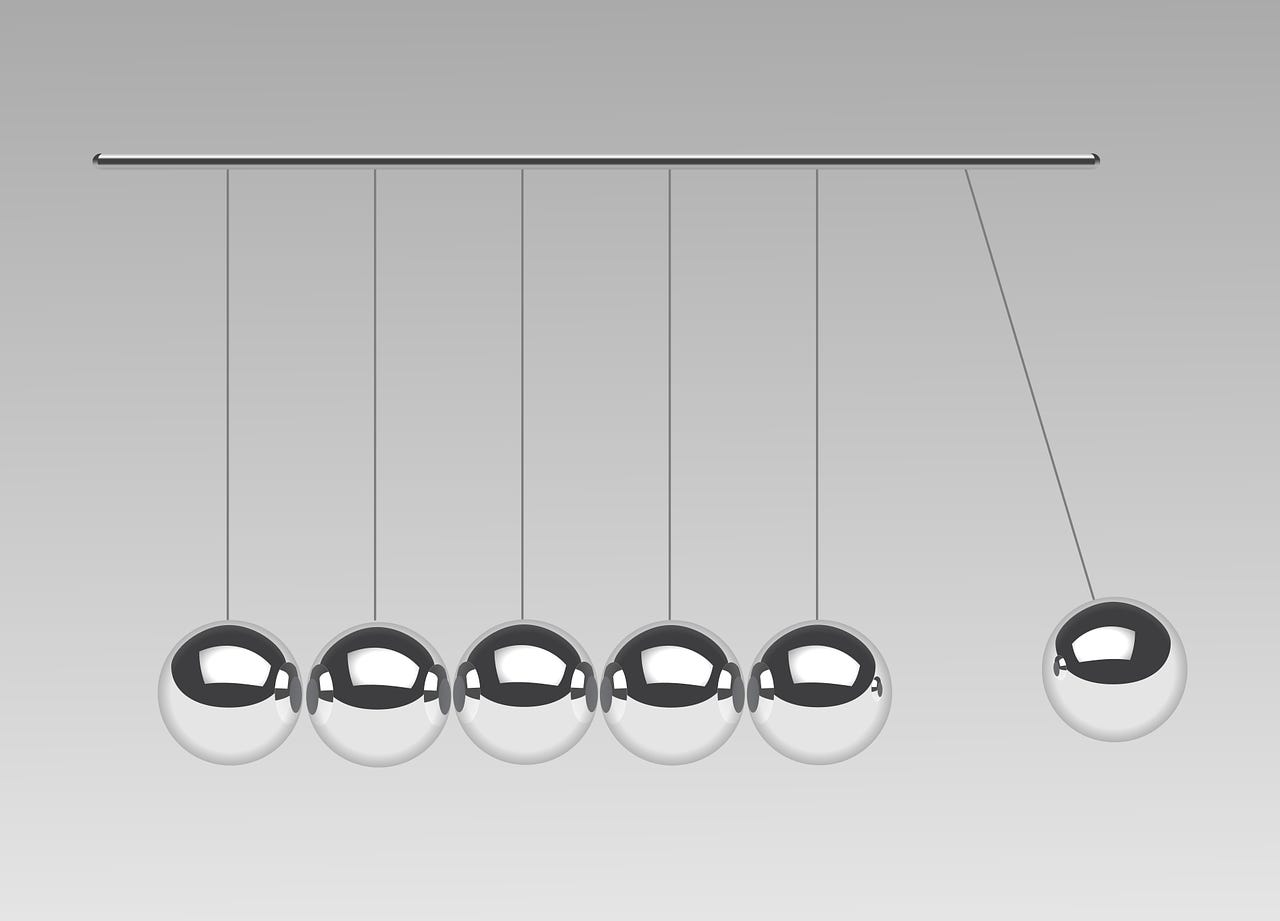“Only once you know yourself, can you become better.” – David Wylie
If I may be so bold as to over simplify things. There are two writing styles, well more like two ends of the spectrum when it comes to writing style. You may have heard the terms before, panster, and plotter.
When I was first starting my writing group, the number one question I had was, “should I plan out my story, or just go crazy and start writing?” I began with the latter. I had an idea in my brain, so I sat down, and started writing. After 20 pages or so, I got stuck. .(Sound familiar?)
In our writing group we have a writing development topic. My buddy, who experienced a similar challenge in his writing, taught us about these two different writing styles and I learned I wasn’t alone.
Let me start out by saying, neither one is better than the other, except when it comes to you. At the end of the day, whatever enables you to put the story in your head/heart into words on a page is the better style, and that will most likely be a combination of the two. I will confidently say that there are very few, if any, 100% pansters or plotters out there.
Let’s get into it. What are the styles? What are the pros? What are the cons? Which one are you?

Pantser (Also known as Intuitive Writing)
What is it?
Writing by the seat of your pants. When you have an idea you just sit down and begin typing, the words flow from your fingertips, characters are born, worlds are created, and from those words emerge your story. You let the characters go on their journey of discovery. To be a panster is to write intuitively without taking the time to think too far ahead.
There are authors who do this completely, they can just write and write, to some it would appear a miracle, while others see a kindred spirit.
Pros
All over writing groups and writing forums, people are worried that they saw something that is similar to an idea they have and they are worried people think they are stealing. Some people think that if they share their unique ideas, someone else might steal it. Are they founded? I don’t think so. And here’s why.
You are you, because of everything that has happened to you. Only you can tell your story, because only you know your story. The elements to every story are known; character archetypes, tropes, cliches, a hero’s journey, it’s all been done a thousand times over. But when you bring the panster out and let them have their way with the keyboard, your story will be unique. Simply because you tell it.
Cons
When it comes to writing a novel there is a lot involved; dozens of character, cities, magic, romance, protagonists, antagonists, and everything in between. If you try to write an entire story by the seat of your pants, you’re going to have holes. When I started writing like this it was beautiful and magical seeing the story take shape in front of my eyes. But as soon as I drew a blank that was it. I didn’t know where to go from there, the vision ended. When you’re a pantser and you hit a block, it’s going to be easy to move on to something else and leave your story unfinished. (If this sounds like you, read on to what being a plotter entails)
Summary
Fast on the front end (writing), heavy on the backend (editing)

Plotter
What is it?
The exact opposite of a pantser in every way. They take the time to create an outline, a structure and an overall design for the flow of a story. Knowing beforehand where characters are at any given point, what they are going to do, how they are going to do it, and what the outcome will be. Plotters plan out every scene to the minute details so when it comes time to write, they don’t have to wonder, “What comes next?”
Pros
I’m going to just point you to my last sentence. Plotters have a tight ship, no leaks. Before they ever start writing they’ve taken the time to identify potential plot holes, detailed out all the rules of magic and governance, and made sure that their MC is wearing a coat and it’s actually winter. By taking the time to plan out everything in advance, their writing time can be streamlined and used efficiently, knocking down chapter after chapter.
Cons
This kind of detailed structure creates an element of rigidity to the story. It limits discovery and adaptation as the story unfolds. Plotters can spend enormous amounts of time developing backstories and worldbuilding and procrastinate the actual writing process. If everything isn’t perfect, they can’t start writing.
Summary
Heavy on the front end (planning), fast on the back end (writing/editing)

Which one are you? (The balance)
Very few people are completely one or the other writing style. The vast majority fall in between. Look at your writing style and see where you fit. What parts of this article did you most identify with? If you find yourself identifying with the negative elements of one style or the other, try implementing a little bit more of the opposite into your own writing. Don’t be a pendulum and swing all the way one direction. Send me a message if you want to talk about your writing style and if you need a little more pantser or plotter.
If you’re enjoying my weekly articles and thoughts, consider subscribing and inviting a friend to read along with with.✓
Quote
The first draft is nothing more than a starting point, so be wrong as fast as you can. – Andrew Stanton
More Words
- Book Recommendation – Female protagonist & adventure fantasy series – The Green Rider: Kristen Britain
- Article – More on being a Panster and a Plotter
